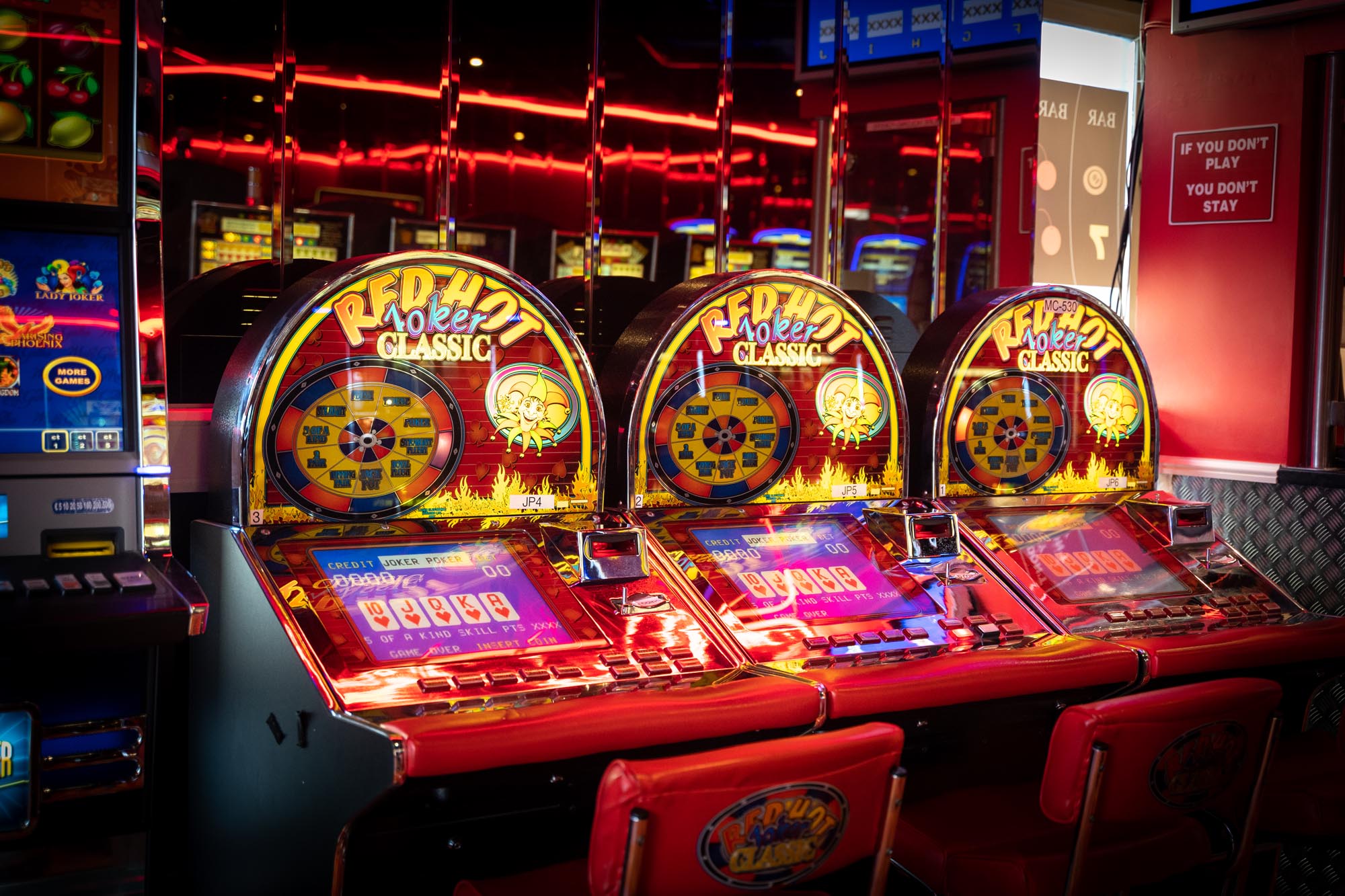In what way Casino Games Reflect the Humanity’s Existence
admin
- 0
Casino entertainment have long been a significant aspect of human culture, offering not just entertainment but a captivating reflection of our dreams, wishes, and fears. From the spinning reels of a slot machine to the skill-based strategies of poker, these games represent a spectrum of human feelings and experiences. At their core, casino games are more than a chance to earn cash; they are a snapshot of life itself, where risk and reward intertwine and fortunes can change in an eye blink.
As players assemble around tables or sit in front of vibrantly illuminated machines, they participate in a tradition that transcends mere betting. These games reflect our instinctive desires for social interaction, thrill, and the pursuit of luck. They also unveil deeper truths about human nature, such as our relationship with fate and the adrenaline of uncertainty. In exploring casino games, we reveal not only the mechanics of play but also the intricate pattern of the human experience, showcasing our interconnected narratives of goal and reality.
The Mind Behind Gambling
Wagering is intrinsically connected in the psyche of individuals, tapping into various emotions and desires. The thrill of risk-taking is a core aspect that draws players in, whether it’s excitement of spinning a roulette wheel or the excitement of drawing a winning card in a poker game. This rush of adrenaline is frequently likened to other forms of thrill, as the unpredictability of outcomes triggers a distinct psychological response. Gamblers often find themselves entranced by the possibility of winning big, leading to an almost magnetic draw toward gambling games.
Additionally, a crucial component of the psychology behind gambling is the concept of hope and ambition. Players often nourish dreams of financial freedom and the luxurious lifestyle that can follow winning. This hope fuels their ongoing participation in casino games, as it provides a sense of meaning and the belief that a transformative win could be just one bet away. The story of beating the odds and achieving success resonates with many, reinforcing their commitment to play and involve themselves with these games.
Finally, social dynamics play a crucial role in gambling psychology. Casino environments are designed to promote social interaction, where gamblers gather to share the experience of wins and losses. This communal aspect not only enhances enjoyment but also affects behavior, as individuals often mimic the actions of others in their vicinity. The collective approval found in mutual thrill can enhance the emotional experience, making casino games a reflection of not just personal desires but also shared involvement within the gaming community.
### Risk and Reward: A Double-Edged Sword

Gambling games embody the subtle balance between danger and gain that resonates deeply with human nature. Ga179 The thrill of placing a wager is often accompanied by a surge of excitement, as participants are confronted with the possibility of a huge payout, yet fully aware of the possibility to lose. This bipartisan experience reflects a essential aspect of life: the decisions we face often come with inherent risks, and the quest for benefit can push us to take chances we might not typically consider. In this way, gambling activities mirror real-world decisions, enticing gamblers to risk not just their funds, but also their hopes.
The allure of grand jackpots and payouts fuels a wave of hope, inspiring gamblers to imagine a more promising future that could manifest from a single victorious spin of the wheel or flip of a card. This hope can drive individuals to engage in greater risks, encouraging them to push their boundaries in search of financial gain. However, just as in life, the consequences of these decisions can lead to both victory and loss. The stories of both big winners and those who have lost everything at the tables demonstrate the chaotic nature of luck and its significant repercussions on our existence.
Ultimately, the experience of engaging with gambling activities serves as a vivid illustration of the nature of humanity. Every game played is loaded with the tension of ambiguity, as gamblers weigh the gains against the dangers. This balance not only highlights the thrill that comes with betting but also reveals the vulnerabilities that come with the longing for more. As we explore the challenges of decision-making and consequence in both the casino and in life, we find that the search for benefit shapes our identities and journeys in profound ways.
Society and Isolation in Casino Culture
Casino environment is a unique blend of communal interaction and individual pursuit, reflecting the dualities of individual experience. Gamblers often come together around games, experiencing in the thrill of the game, celebrating wins, and sympathizing over losses. This social aspect is crucial, as it creates a sense of community and bonding among varied groups of people. Regular attendees to casinos may form friendships and develop routines, turning the gambling venue into a second home where they feel linked to a greater community of players.
However, the appeal of casino games can also lead to loneliness. As players become engrossed in the thrill of playing, they may withdraw from personal relationships or neglect to interact with the environment outside the gaming space. For some, the pursuit of a windfall can overshadow genuine relationships, leading to loneliness. The experience of being surrounded others yet experiencing solitary is not rare, as the focus shifts from collective fun to the individual concerns of each player’s journey.
This interplay of community and isolation creates a rich mosaic that defines gaming culture. It highlights the complexity of social interactions, where joy and sorrow exist together. Gambling venues serve as both a sanctuary for social engagement and a platform for individual challenges, demonstrating how deeply connected our desire for companionship and the personal quest for fortune can be. In navigating this landscape, players confront their own stories—seeking both the rush of the wager and the fellowship of other gamblers, ultimately reflecting the wider spectrum of individual experience.